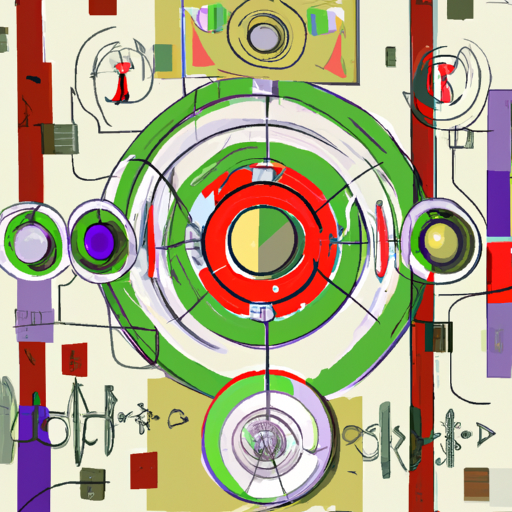Welcome to our article discussing the role of artificial intelligence (AI) in modern agriculture. In today’s rapidly evolving world, the integration of AI into various industries has revolutionized the way we live and work. In the realm of agriculture, harnessing AI for sustainable and efficient farming practices has become increasingly crucial. In this article, we will explore the different ways AI is being utilized in agriculture, its benefits, and the potential it holds for the future.
Increased Efficiency Through Data Analysis
AI technologies have empowered farmers by providing them with valuable insights through data analysis. By utilizing machine learning algorithms, AI systems can analyze vast amounts of data collected from various sources such as sensors, drones, and satellite imagery. This enables farmers to make informed decisions regarding irrigation, fertilizer usage, and pest control among other essential aspects of farming.
Additionally, AI-powered predictive analytics models can help farmers anticipate crop diseases and weather patterns, enabling them to take proactive measures to protect their crops. By optimizing these factors, farmers can significantly reduce costs, maximize yield, and minimize environmental impact.
Autonomous Farming and Robotics
Another significant contribution of AI in modern agriculture is the development of autonomous farming systems and robotics. AI-driven robots equipped with advanced sensors and cameras can perform labor-intensive tasks with precision and efficiency. These robots can effectively carry out activities such as seeding, spraying pesticides, selective harvesting, and weed control.
By taking over these tasks, robots eliminate the need for human intervention in repetitive and physically demanding activities, freeing up farmers to focus on higher-level decision-making processes. This not only increases productivity but also ensures that agricultural operations can be carried out round-the-clock, improving overall efficiency.
Precision Agriculture and Smart Irrigation
Precision agriculture, made possible by AI, has transformed the way crops are cultivated. AI-enabled systems use real-time data to monitor crop health, soil conditions, and weather patterns. These systems can then adjust irrigation, nutrient supply, and other parameters to meet the specific needs of each crop, ensuring optimal growth and yield.
Smart irrigation systems, powered by AI, can analyze factors such as soil moisture, temperature, and evapotranspiration rates. By considering these variables, AI can accurately calculate the precise amount of water required, reducing water consumption and preventing over-irrigation that could harm the environment.
Challenges and Future Outlook
While AI presents numerous benefits for modern agriculture, there are still challenges to overcome. One major obstacle is the accessibility of AI technologies for smaller-scale farmers who may lack the resources to adopt these advanced systems. Additionally, data privacy and security concerns must be addressed to ensure the protection of sensitive farm data.
Looking ahead, the future of AI in agriculture holds tremendous potential. Continued advancements in AI algorithms and robotics will pave the way for even smarter and more sophisticated farming systems. This will result in increased yields, reduced resource wastage, and a more sustainable approach to agriculture.
In conclusion, AI has proven to be a game-changer in modern agriculture. By harnessing the power of AI, farmers can significantly improve efficiency, reduce costs, and mitigate environmental impact. The integration of AI technologies in agriculture represents a significant step towards achieving sustainable and efficient farming practices, ensuring a brighter future for farmers and the global food supply.
